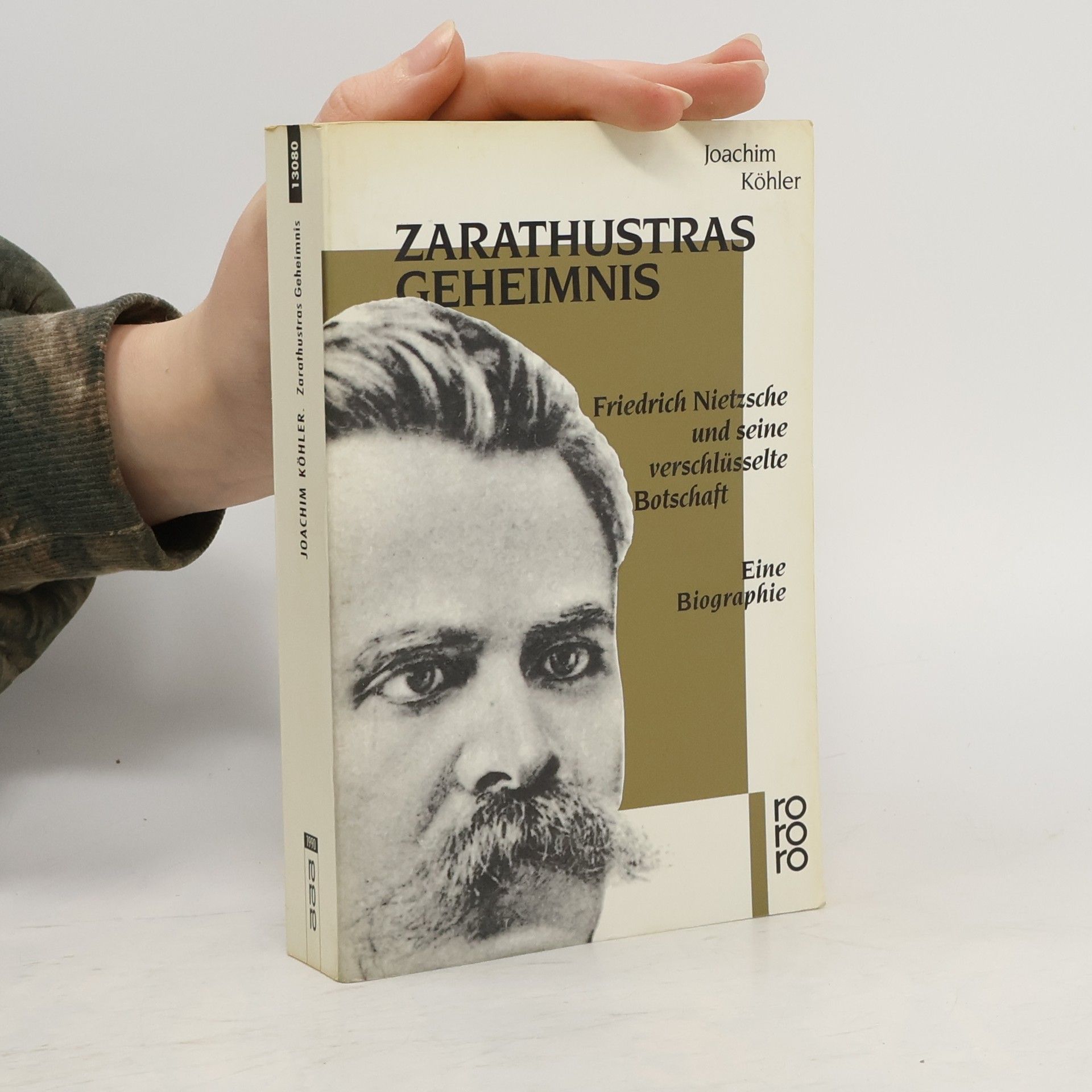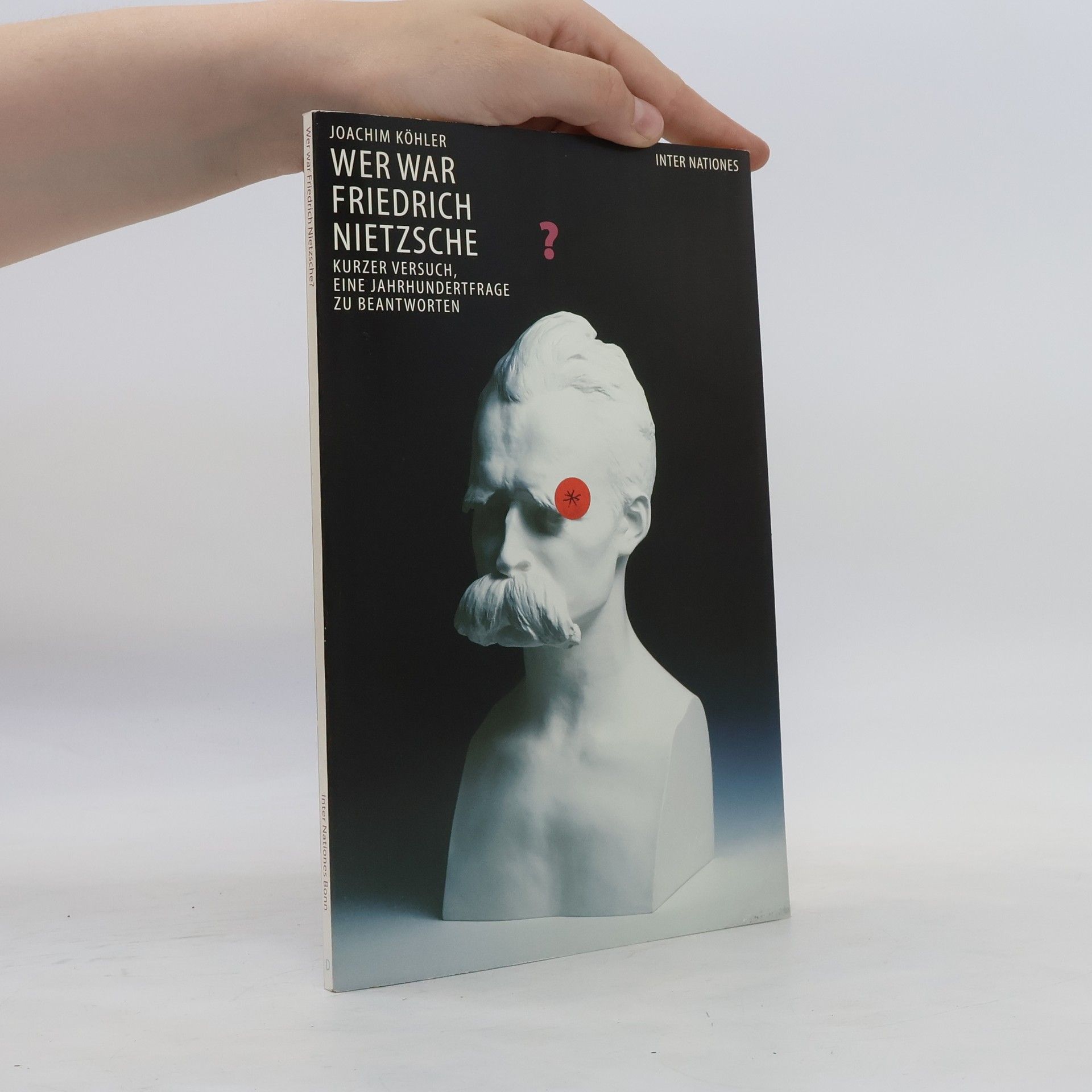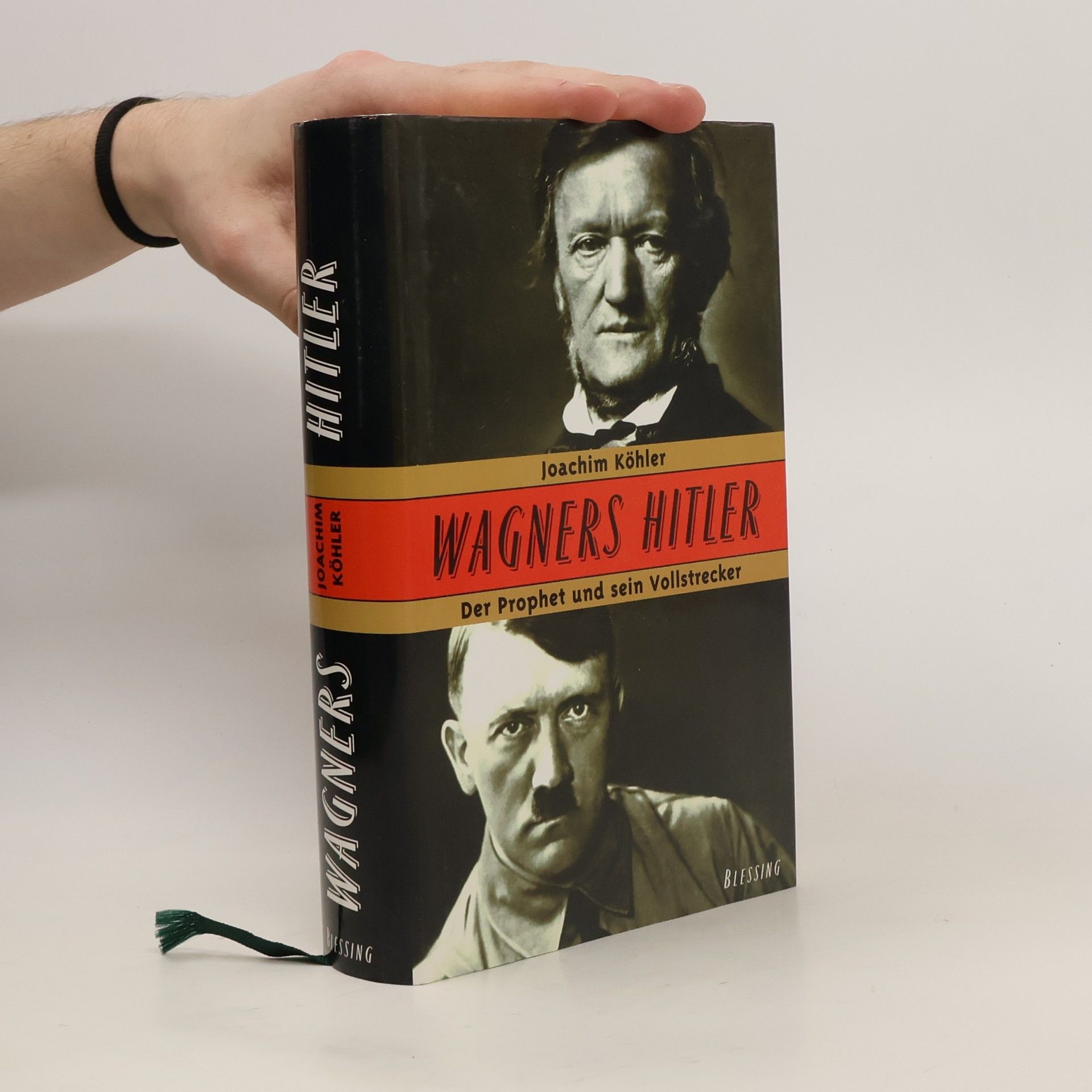Die Cyberwelt ist zum Mittelpunkt unserer Lebens- und Arbeitswelt geworden. Alle nutzen das weltweite Netz, wenige beherrschen es, kaum einer versteht es. Der Schriftsteller, Journalist und Philosoph Joachim Kohler - bekannt als Autor kulturgeschichtlicher Werke u.a. zu Nietzsche, Wagner und Luther - fuhrt uns in seinem neuen Buch den Cybermenschen des 21. Jahrhunderts vor Augen. Sein Ort ist uberall und nirgends. Dieses posthumane Wesen weiss alles, kann alles, aber ist nichts. Mindestens kein Mensch mehr, der glaubt, liebt und hofft. Kohler nimmt seine Leser mit auf eine faszinierende Gedankenreise von der Leibniz'schen lebendigen Rechenbank uber das malerische Kalifornien der Garagentuftler in den 1970er Jahren bis hin zu den alles beherrschenden Cybergiganten des Silicon Valley unserer Zeit. Die Cyberwelt ist dabei, dem Menschen sein Menschsein abzunehmen. Sie preist Lebenserleichterung durch grenzenlose Optimierung an, gesteuert von der digitalen Superintelligenz. Die Assoziation zu Nietzsches Ubermenschen liegt auf der Hand. Wird die Idee vom Cybermenschen ebenso scheitern wie Nietzsches Wahn? Oder wird der Mensch, wie wir ihn kannten, einfach im Cyberspace verschwinden und das noch nicht einmal bemerken? Noch hat die Menschheit die Chance, ihr eigenes Interesse von dem der Cyberwelt zu unterscheiden und die reale, sinnhafte Welterfahrung normativ zu setzen.
Joachim Köhler Book order (chronological)






Luther!
Biographie eines Befreiten
Mit entschiedener Sympathie und beeindruckendem psychologischen Gespur lasst Joachim Kohler, Autor zahlreicher biographischer und kulturgeschichtlicher Werke, den grossen Glaubenskampfer der deutschen Geschichte lebendig werden. Christsein heisst, von Tag zu Tag mehr hineingerissen werden in Christus. Dieses leidenschaftliche Bekenntnis des Reformators steht im Mittelpunkt von Kohlers brillanter Biographie, die Luthers dramatische Entwicklung in drei Stadien - Bedrangnis, Befreiung und Bewahrung - darstellt. Sie zeichnet sowohl Luthers existenzielle Glaubenserfahrungen nach als auch die Anfechtungen psychologischer und politischer Art, mit denen er lebenslang zu ringen hatte. Kohler schreibt uns den grossen Luther ins Herz, ohne den manchmal kleinlichen und irrenden zu beschonigen. Er lasst symboltrachtige, aber in ihrer Faktizitat teils umstrittene Momente wie Turmerlebnis oder Thesenanschlag in ihrer Authentizitat einsichtig werden. Vor allem aber zeigt er: Luther ist nicht von gestern. Er hat vor 500 Jahren Fragen aufgeworfen und beantwortet, die wir uns heute wieder stellen mussen. Lesen Sie Luther mit Kohler!
Die Reformdekrete des Konstanzer Konzils und die Reformforderungen des Prager Theologen Jan Hus sind Manifestationen eines sich ausprägenden Selbstbewusstseins des Menschen seit dem Hochmittelalte, das im Lauf der Kirchengeschichte immer wieder zu einer wichtigen Triebfeder für den Einsatz um die ecclesia semper reformanda wurde. Es hat also einen eigenen Reiz, wenn die Ackermann-Gemeinde zum Jubiläumsgedenken nach den bleibenden und aktuellen Impulsen des böhmischen Reformers Jan Hus und des Konstanzer Konzils fragte und zwei Vorträge von in ihren Themenfeldern hoch angesehenen Wissenschaftlern zu Jan Hus und dem Konstanzer Konzil unter der Perspektive aktueller Fragen und Suchbewegungen vorlegt.
Der lachende Wagner
- 288 pages
- 11 hours of reading
Ein durchtriebener Spaßvogel, der sich gerne als französische Kurtisane verkleidete – Richard Wagner war überraschend anders als die verbreitete Vorstellung des bierernsten, egomanischen Künstlers. Joachim Köhler, ein ausgewiesener Wagner-Experte, präsentiert die unbekannte Seite des Bayreuther Genies: den komödiantischen Tragiker, der nicht nur über andere, sondern auch über sich selbst und seine Werke lachte. Diese Perspektive bietet eine erhellende und vergnügliche Lektüre. Der „schnupfende Gnom aus Sachsen mit Bombentalent“, wie Thomas Mann ihn nannte, sah sich oft einer verständnislosen und ablehnenden Welt gegenüber. Um sich von Kritikern und sogar von seinen eigenen Verehrern, den Wagnerianern, zu schützen, nutzte Wagner alle Arten von Humor. Er war (selbst-)ironisch, sarkastisch und zynisch, konnte aber auch naiv und kindlich lustig sein. Brillant imitierte er seine Zeitgenossen, übertrieb seine Theaterfiguren grotesk und führte selbst im Alter akrobatische Kopfstände aus. Köhler zeigt, wie viel versteckt Humoristisches in Wagners Bühnenwerken steckt und eröffnet eine neue, private Perspektive auf sein Leben, das – wie Nietzsche bemerkte – „sehr viel von der Komödie an sich hat“.
Villa Wahnfried, September 1923. Cosima Wagner lässt ihr Leben und seine vielfältigen Stationen Revue passieren: Die Kindheit als ungeliebte Tochter von Franz Liszt, die erste Ehe mit dem Dirigenten Hans von Bülow, schließlich die Begegnung mit Richard Wagner. Ihre zweite Ehe verschafft ihr den Durchbruch zur gesellschaftlichen Spitze, die Bekanntschaft mit König Ludwig und Friedrich Nietzsche. In ihrer fiktiven Lebensbeichte offenbart sich Cosima als eine Frau mit dem Willen zur Macht.
Biografische Passionen: Friedrich Nietzsche
- 175 pages
- 7 hours of reading
Kaum ein Künstler übte größeren Einfluss auf die Zeitgeschichte aus, keiner wurde gründlicher verkannt und verklärt als Richard Wagner. Joachim Köhler, ausgewiesener Wagner-Spezialist, rückt den Komponisten ins Licht der neuesten Forschung und befreit ihn von historischen Missverständnissen. Ein überzeugendes Geschichtsbild und eine spannend zu lesende Darstellung, die Wagners rätselhaftes Leben und die geheimen Quellen seiner Kreativität aufdeckt.
Im August 1900 liegt der gelähmte Philosoph Friedrich Nietzsche in seinem Sterbezimmer in Weimar und plant, mit Opium zu sterben. Stattdessen träumt er von einem letzten Abenteuer mit seinem ehemaligen Schüler Ludwig von Scheffler, das sie nach Italien führt. In einer Vision sieht er, wie seine Schwester Elisabeth Hitler als neuen Übermenschen preist.
Wer war Friedrich Nietzsche?
Kurzer Versuch, eine Jahrhundertfrage zu beantworten





